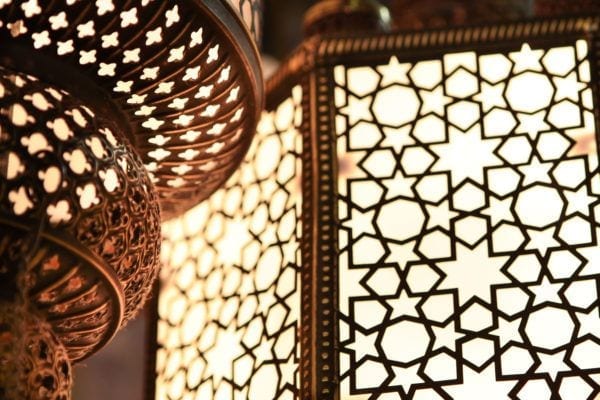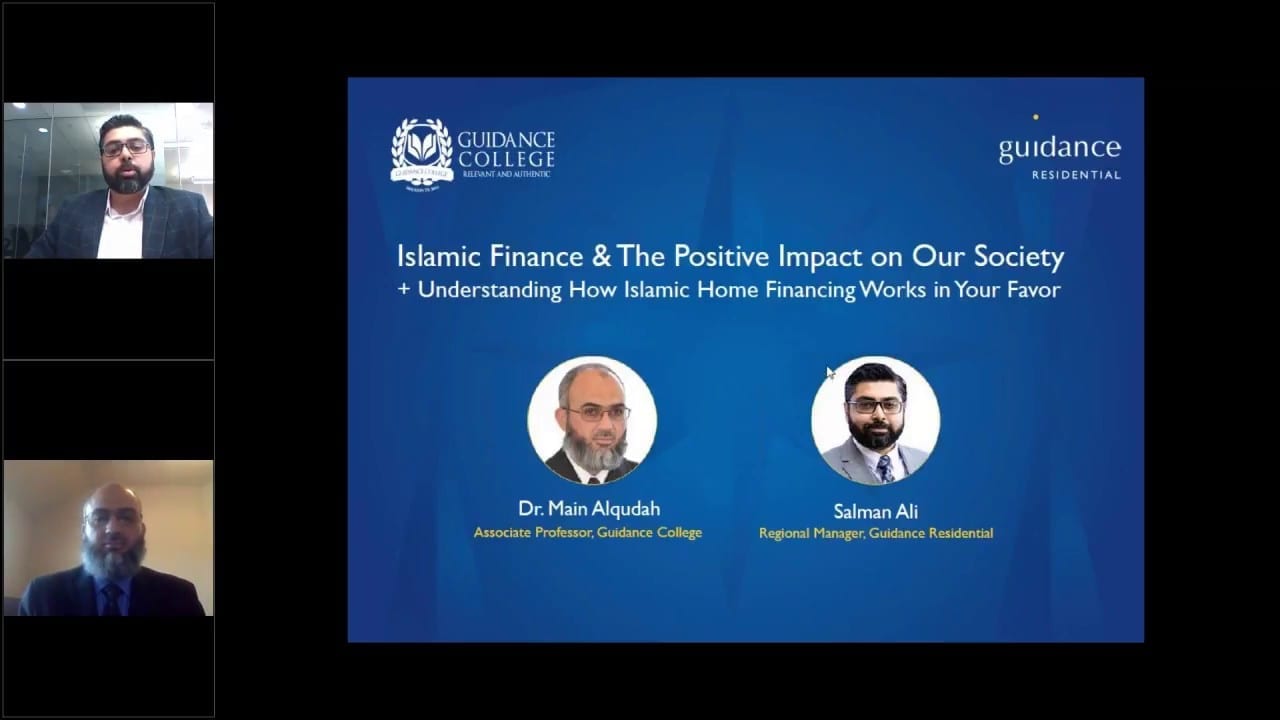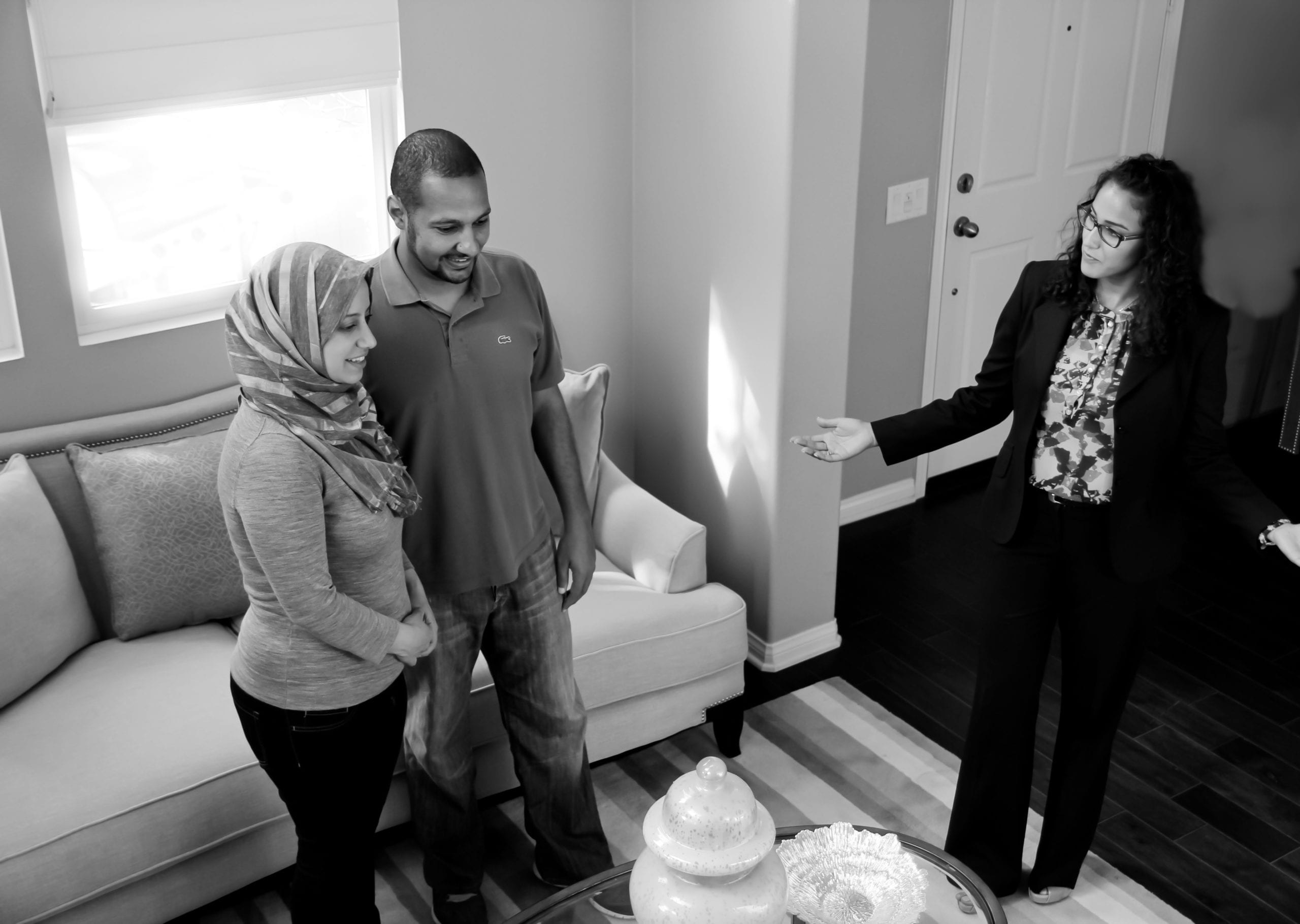Islamic Finance and Social Justice

In the United States, income inequality is considered by many to be one of the top economic challenges of society. One that may impact the safety and security of its citizens. The existing economic and financial system has particular foundations that make it difficult to uphold socio-economic justice for all citizens of a nation. Because the financial system is debt-based, where interest or usury plays a significant role in growing the circulation of money without the backing of any tangible asset, it can create a bubble economy that can have repercussions such as inflation, unemployment, and other economic hardships.
Islam as a way of life promotes justice among people. Islamic Finance contracts are based on this principle of justice. In Islamic Finance, Riba or Interest is prohibited as well as Gharar or excessive uncertainty. Islamic Finance transactions follow the method of profit and loss sharing and the financial transactions are backed by a physical asset as opposed to an interest-based lending method where risk is transferred to the borrower. In the conventional financial system, the debtors bear most of the risks. Therefore there is an imbalance in the financial transaction.
Islamic Finance upholds social justice with the ban on this practice of usury or charging of interest. In Islam, lending is considered a charitable act and therefore profiting from lending money is strictly prohibited. On the other hand, Islam promotes equity-based financial transactions and encourages trade where profit is generated through the sale of goods and services. In Islamic home financing, the financier co-owns the property with the buyer instead of lending money and charging interest. This is known as Musharakah or diminishing partnership. This type of contract allows the consumer to fully buy out the financier’s share of ownership of the property and allows the consumer to own a home without paying interest. Guidance Residential’s Islamic home financing program is based on this type of Musharakah contract and it is known as the Declining Balance Co-Ownership Program.
Surah An-Nisa, Verse 135:




